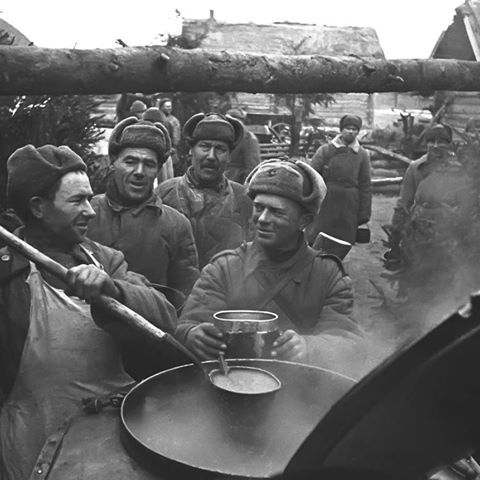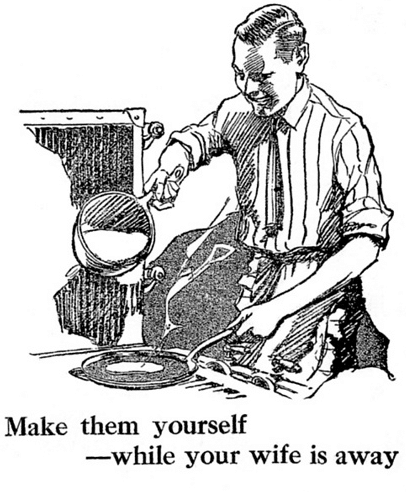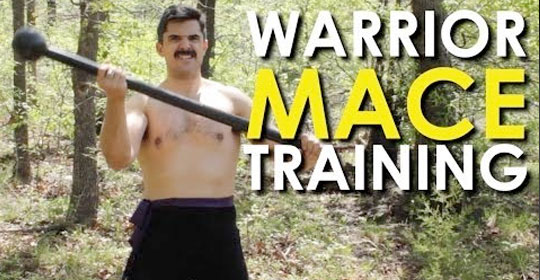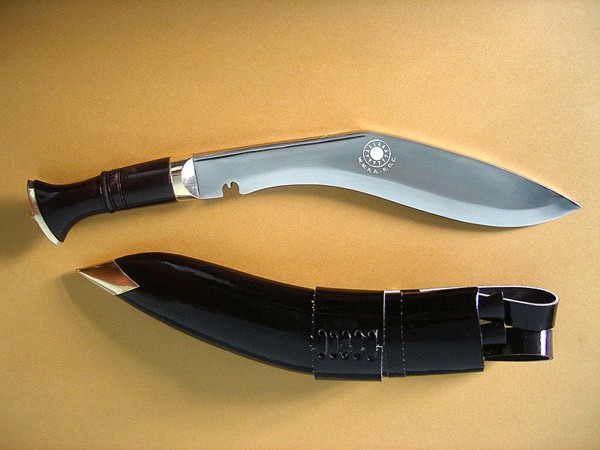One of their improbable successes, however, came not from the ardor of their tactics, but the aroma of their soup.
At 11:00 PM on December 10, 1939, a battalion of Soviet troops slipped undetected through the inky darkness and thick forests near Finland’s Tolvajärvi front, aiming to flank the line. Though few combat troops were stationed in the area being targeted — it was manned largely by medical and support personnel — the action would allow the Soviets to cut off the front’s only supply road. The Finns had launched many surprise attacks on the Russians; now the tables would be turned.
When the Soviet soldiers burst from the trees without warning, the astonished Finns fled in panic. Chaos reigned, and the Russians marched forward without opposition. They stood on the precipice of completely routing the Finns from the field.
One of the first things the Soviets came upon as they advanced, however, was the Finns’ field kitchen. Though the cooks had fled, huge pots of sausage soup continued to simmer on the stoves. As the smell of it wafted into the men’s nostrils, the cold, starving Russians paused, looked at each other with smiling, watering mouths . . . then shouldered their weapons and ladled themselves bowls of hot broth and meat.
As the Soviets greedily slurped the soup, the momentum of their attack dissipated, and the disbelieving Finns were given a chance to regroup.
Finnish Colonel Aaro Pajari rallied and armed a motley company of medics, cooks, and supply sergeants, and turned them on the Russians. This improvised, rag-tag group of former non-combatants suddenly found themselves wielding bayonets and engaged in a brutal hand-to-hand battle with the Russians. While they engaged and held off the enemy, two combat units of Finnish troops arrived to join the fight, which would become known as “The Sausage War.” As the battle raged, sisu surged, and the defenders shouted “Hakkaa päälle!” — a traditional Finnish war cry which hadn’t been heard in centuries and meant “Cut them down!” and “Give no quarter!”
By 4 AM, the Soviets had begun to beat a retreat; of the 500 who launched the attack, only a few dozen made it back to their line. By dawn, the battle was almost entirely over, and the sun rose to illuminate a ghastly scene: 100 Russian soldiers lying dead in the Finns’ former field kitchen — bowls overturned by their frozen bodies, sausage still clinging to their chins.
Don’t Take Your Marching Orders From Your Belly
What should have been an out-and-out Soviet victory turned into a complete defeat. All because the warriors who should have surged to success, took their marching orders from their bellies.
From the distance of time, and the comfort of one’s armchair, the decision to chow down in the middle of a battle certainly seems ridiculous. Which it was. Yet the episode is simply a very high stakes example of something we all do every single day: forfeit a higher good in order to satiate a lower desire or impulse.
Hitting the snooze button instead of waking up to work out.
Allowing a single slip up in your diet to turn into a week-long junk food binge.
Staying with a toxic, self-worth destroying girlfriend only because she’s hot and the sex is good.
Oversleeping and missing an exam.
Putting off an important phone call because of shyness.
Continually surfing social media instead of reading a book.
Permitting your temper to erode your relationship with your kids.
These choices may not be life or death matters, but, if someone was able to survey the entire sweep of our lives from an objective, bird’s-eye view, they’d create the same kind of befuddlement with which we view the Russians — “He traded that for that?”
We all regularly swap progress on our long-term goals, for base, short-term pleasures. We all continually break our momentum towards excellence to stop and slurp soup.
You Are a Man, Not a Rat
“If sensuality were happiness, beasts were happier than men; but human felicity is lodged in the soul, not in the flesh.” –Seneca
“What is a man, if his chief good, and market of his time, be but to sleep, and feed? A beast, no more.” –Shakespeare
“Real glory springs from the silent conquest of ourselves; without that the conqueror is only the first slave.” –James Thomson
“The most precious of all possessions, is the power over ourselves; power to withstand trial, to bear suffering, to front danger; power over pleasure and pain; power to follow our convictions, however resisted by menace and scorn; power of calm reliance in scenes of darkness and storms. He that has not a mastery over his inclinations; he that knows not how to resist the importunity of present pleasure or pain, for the sake of what reason tells him is fit to be done, wants the true principle of virtue and industry, and is in danger of never being good for anything.” –John Locke
“The command of one’s self is the greatest empire a man can aspire unto, and consequently, to be subject to our own passions is the most grievous slavery. He who best governs himself is best fitted to govern others.
He who reigns within himself and rules his passions, desires, and fears, is more than a king.” –John Milton
The human brain evolved from the bottom up. The brain stem and mid-brain control basic physiological processes and appetites; called the “reptilian brain” it’s responsible for our more “primitive” instincts. Higher up is the limbic system which issues our emotions. These neurological areas are not so different from those of animals, which is why scientists can use rats for experiments and often extrapolate the results to people.
Higher up still is the neocortex — the seat of our reasoning power and more complex, abstract, sophisticated thinking skills. The size and volume of these cortical areas are what make us uniquely human, and as we mature, they (ideally, and with proper training and practice) develop a greater and greater capacity to control and check our baser appetites.
Thus, whenever we unthinkingly act out of impulse, we lower ourselves to the station of animals. And whenever we feel the itch of instinct, but exercise reason in managing it, we elevate ourselves to the height of humans.
Whenever I look at art, listen to the performance of quality music, read a difficult book, engage in a focused conversation, or vanquish a temptation, I feel more human.
Conversely, whenever I put off a task due to laziness, overeat, find myself unable to concentrate on a book, zone out of a discussion, or can’t tear myself away from my smartphone, I feel like a beast. I feel positively reptilian.
This is particularly true when it comes to my appetite for that latter activity — web surfing. When I check too often on the likes of a social media post, when I can’t seem to stop myself from clicking on a link I know is clickbait, when I respond to the ping of a text message like a Pavlovian dog, when the itch to check my phone feels insatiable — even when I want to be immersed in something else, even when I want to pay attention to my kids — I feel like nothing more than a clever animal. I literally envision one of those lab rats that’s placed in a cage where they can press a lever to get a pellet of food. Press the lever, get a reward. Press the lever, get a reward.
Press the lever. Press the lever. Press the lever.
As tech critic Tristan Harris aptly puts, the cycle feels like “a race to the bottom of the brain stem.”
This is not to say that our baser desires are inherently bad. Our appetites and emotions drive us towards the things we need to survive, thrive, and reproduce — to eat, rest, have sex, seek novelty, gain status, flee danger, etc. They lend life phenomenal charge and pleasure.
A man’s goal should not be to squash his base desires and primal emotions, but rather to harness and master them — to be able to decide when, where, and how to either unleash or check them, and to make those decisions in line with higher goals. The ideal soul or psyche is described by Plato’s analogy of the chariot, in which the dark horse of desire runs right alongside the white horse of noble spiritedness — all while Reason holds the reins.
Appetites are only a problem when they are more powerful than our higher selves. When they become our masters, rather than our slaves. When they interrupt our striving to build relationships, fulfill goals, and access a higher plane of existence. When the spirit is willing, but the flesh is weak.
The goal is not to kill the animal within, but to put it in its place. To practice, train, and form habits that are less rat-like, and more human. To let the noblest aspects of your character call the shots, rather than taking marching orders from your belly. To enable oneself to choose ultimate victory, over a mess of pottage — or sausage.








